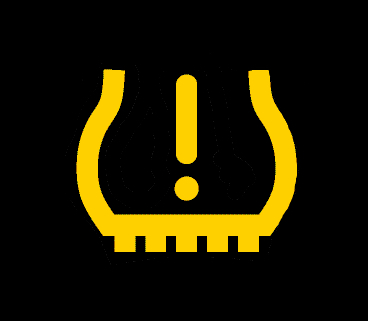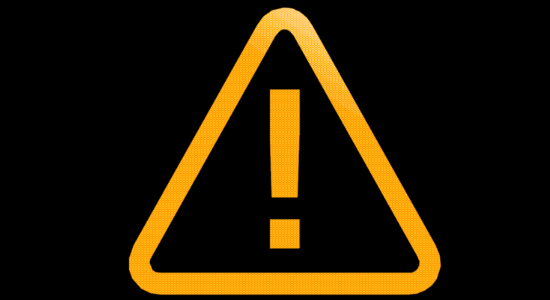If you've ever seen an exclamation mark warning light on your dashboard, you may be wondering What Does Exclamation Mark Warning Light Means. Before you start panicking, it's important to understand that this warning light could indicate various issues and it's best to assess the situation before taking any action. In this guide, we'll explain the meaning of this indicator light, its potential causes, and how to address them. With our help, you'll be able to stay safe and informed when driving.
📢Read also: What Is A Rotary Cutter For A Tractor
What Does Exclamation Mark Warning Light Meaning?

It's important to understand the meaning of an exclamation mark warning light when it appears on your dashboard. This warning light could indicate a variety of issues, so it's essential to assess the situation before taking any action. In this guide, we'll provide an overview of the meaning of this indicator light, its potential causes, and the steps to take to address them. With our help, you'll be able to stay safe and informed while driving.
| Potential Causes | Steps to Take |
|---|---|
| Battery issues | Check the battery connections, terminals, and cables. |
| Faulty alternator | Test the alternator and replace it, if necessary. |
| Faulty spark plugs | Inspect the spark plugs for wear and tear and replace them, if necessary. |
| Low engine oil | Check the engine oil and top it up, if necessary. |
Low Oil Pressure
The exclamation mark warning light may indicate low oil pressure, which can cause serious engine damage if not addressed. Low oil pressure is usually caused by low oil levels, which can be due to a leak, bad seal, or worn engine components. To fix this issue, you'll need to refill the oil, identify and repair any leaks, and inspect the engine components for damage.
Low Tire Pressure
The exclamation mark warning light could also signify low tire pressure. Low tire pressure can cause your vehicle to handle poorly, reducing traction and increasing the risk of a tire blowout. To fix this issue, you'll need to check the tire pressure of all tires and refill them if necessary. Make sure to use the recommended pressure indicated in your car's manual.
Engine Malfunction
In some cases, the exclamation mark warning light may indicate a malfunction in the engine or other system. This could be due to a variety of issues, such as a faulty sensor or worn-out component. To identify the exact cause, you'll need to take your vehicle to a qualified mechanic for diagnosis and repair.
Key Takeaways from the Exclamation Mark Warning Light
- The exclamation mark warning light on your dashboard could indicate a variety of issues, such as battery issues, faulty alternators, faulty spark plugs, low engine oil, and low tire pressure.
- Low oil pressure can cause serious engine damage and is usually caused by low oil levels, which could be due to a leak, bad seal, or worn engine components.
- Low tire pressure can cause your vehicle to handle poorly, reducing traction and increasing the risk of a tire blowout.
- The exclamation mark warning light may also indicate a malfunction in the engine or other system, which could be due to a faulty sensor or worn-out component.
- It's important to assess the situation before taking any action and to take your vehicle to a qualified mechanic for diagnosis and repair.
Protecting Your Vehicle with the Exclamation Mark Warning Light
It is important to stay aware of the exclamation mark warning light on your vehicle's dashboard. This light can indicate a variety of issues, from low oil pressure to engine malfunctions. Taking the time to understand the potential causes and addressing them promptly can help protect your vehicle from further damage. If you're unsure of the cause, it's best to take your vehicle to a qualified mechanic for diagnosis and repair. With proper care, your vehicle will stay in good condition and will be able to serve you for many years to come.
